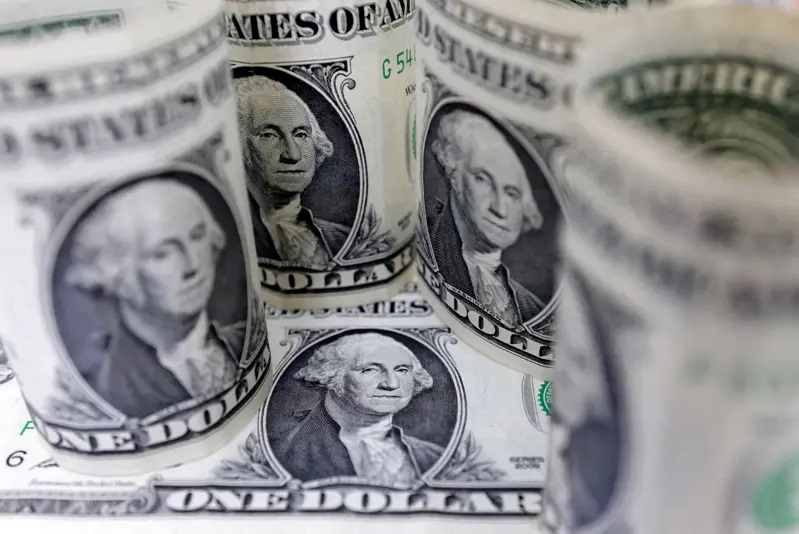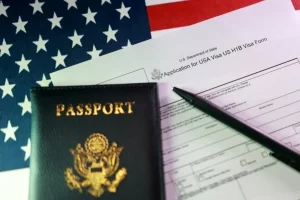The US dollar recorded its biggest drop in half a century in the first half of the year. Purchasing power of overseas travel weakened this summer

The Wall Street Journal reported on the 14th that the U.S. dollar fell the most against other major currencies in half a century in the first half of this year, and the purchasing power of American tourists has weakened when traveling this summer.
According to the Intercontinental Exchange (ICE) U.S. Dollar Index, which tracks the exchange rate of the U.S. dollar against six major international currencies, the U.S. dollar fell 13% and 6% against the euro and the yen respectively in the first half of this year.
Albert Tartaglia, a 45-year-old accountant living in Indianapolis, set off for Spain last week. He said that his family likes to taste honey from all over the world. During the trip to Spain in 2022, they bought a lot. At that time, they only cared about buying things to take home, and they didn’t have to think about it when they made the purchase. But now that the U.S. dollar exchange rate is no longer popular, “we may be more restrained when purchasing.”
Brandon Lowery, a 46-year-old professor at a Houston-area community college, and his family of four traveled to Europe last month. In Scotland, they chose to eat dinner at McDonald’s to avoid spending 35 to 70 pounds per meal. He said the pickled onion sweet and sour chicken sandwich, which is not sold in the United States, was “really delicious.”
Lowery said that when he planned the trip in February this year, he checked the exchange rate and found that 1 pound was about 1.25 U.S. dollars. But on the second day of the 11-day trip, he found that the exchange rate had changed to 1 pound to 1.35 U.S. dollars. He said that based on the expenses of four people, even a small percentage increase would accumulate to a considerable amount of credit card expenses.
Trish Smith, a travel consultant in Kansas City, Missouri, said that the weak dollar has not discouraged clients from traveling.
Smith said that young tourists still want to take advantage of the trend to visit popular tourist destinations such as Bali and Japan, while older tourists have no intention of changing their long-prepared travel plans. Smith said that many older tourists regard travel as a bucket list that is rare in a lifetime, and they will still go even if the exchange rate deteriorates.
The report pointed out that more than 40% of the revenue of S&P 500 companies comes from international sales, and the exchange rate loss of the US dollar for many years is the reason for the asset write-downs of US companies. Lori Heinel, chief investment officer of State Street Investment Management, said that this wave of dollar decline will benefit exporters.
![]()







